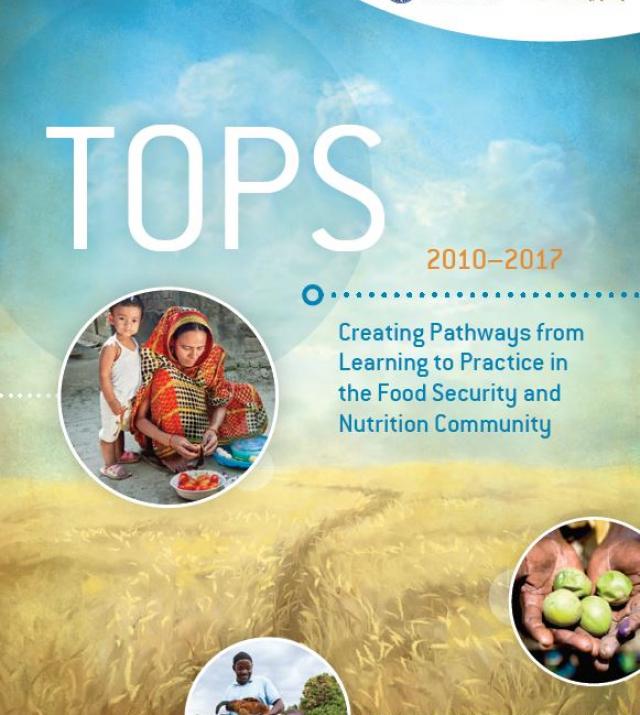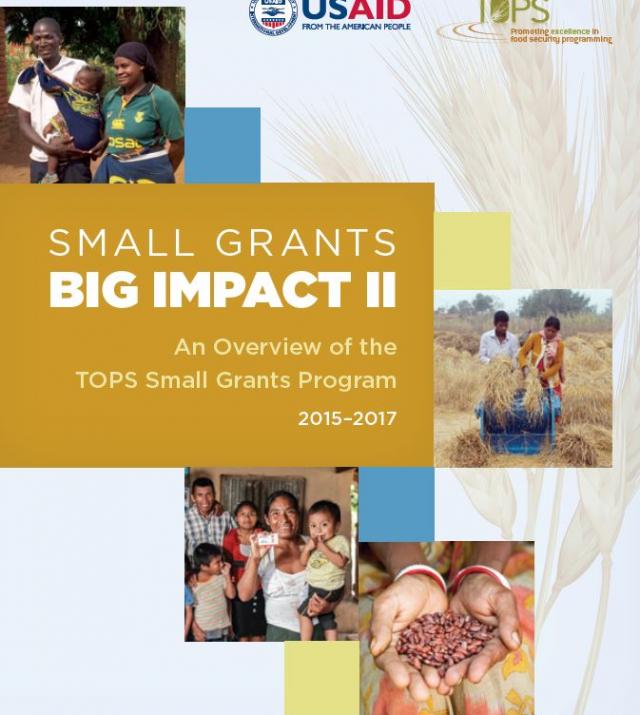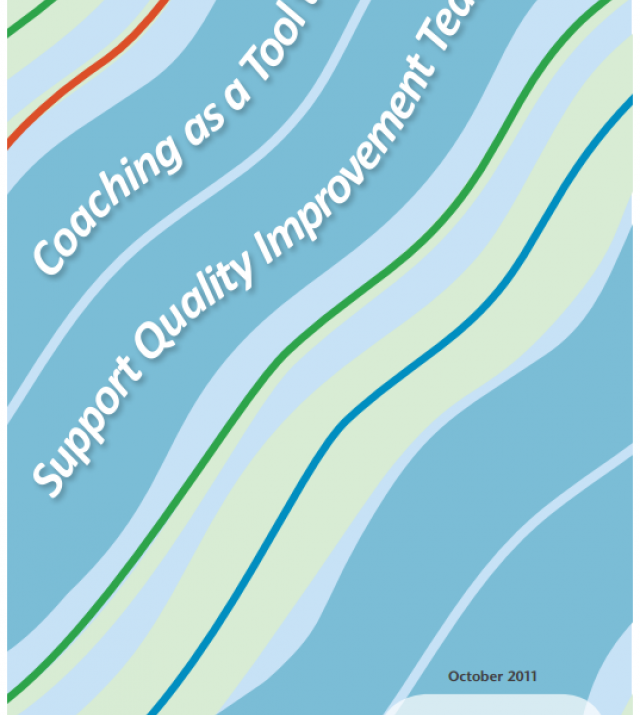
Partnership Defined Quality: Giving the Community a Voice in Service Delivery - A Learning Tool

The instructional video, Partnership Defined Quality: Giving the Community a Voice in Service Delivery, and accompanying Learning Tool posted here were developed by Medical Teams International (MTI) in order to facilitate understanding of the Partnership Defined Quality (PDQ) process, and demonstrate how it has been applied in communities within Grand Cape Mount County, Liberia.
PDQ was developed by Save the Children in 2003, and since that time, it has been used at the community level in more than 15 countries. It is an innovative methodology that engages community members as partners with health facility staff in defining, implementing and monitoring the quality of health service delivery. MTI staff built on Save the Children’s guidance documents to develop its own country specific resources when it began implementing PDQ in 2014.
In order to facilitate learning and scale up of PDQ, MTI received a small grant from Save the Children through its USAID-funded TOPS project to develop an instructional video and Learning Tool. The video is intended to be used as a complement to, and not a replacement for, attending a PDQ training workshop. The ultimate aim of the video is to share the Liberia experience and generate interest in implementing PDQ in other countries.
The Learning Tool is intended to be used by a facilitator to use after presenting the video in order to enhance learning of the viewers. Its main components are a list of Frequently Asked Questions (FAQs) and a set of Discussion Questions that can be used after the video is viewed to provide clarification and enhanced understanding of PDQ. Following the questions, there are two annexes: 1) the narrative script from the video that can assist viewers to remember what took place in the video; and 2) a list of important resource documents, such as the original PDQ Manual and M and E Toolkit developed by Save the Children, and country specific facilitator’s guides developed by MTI.

